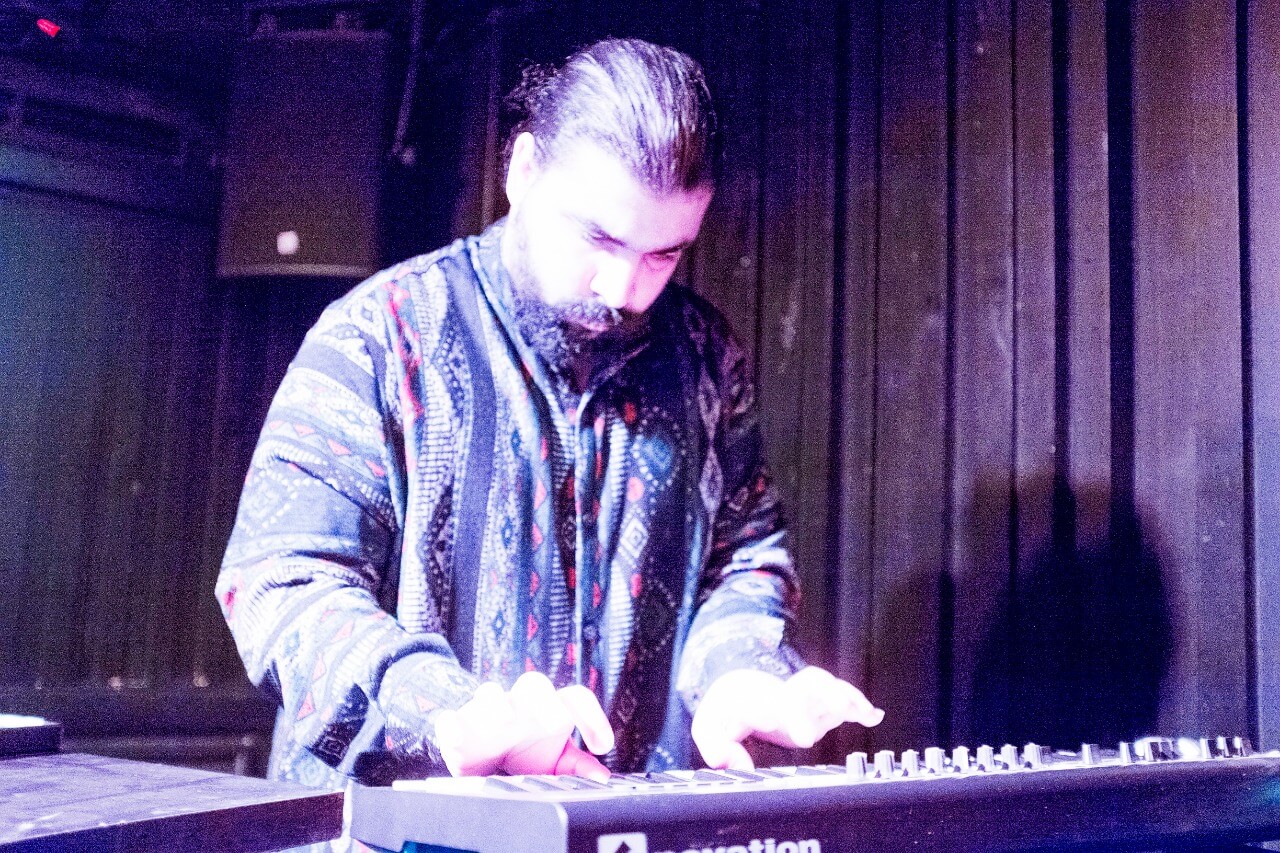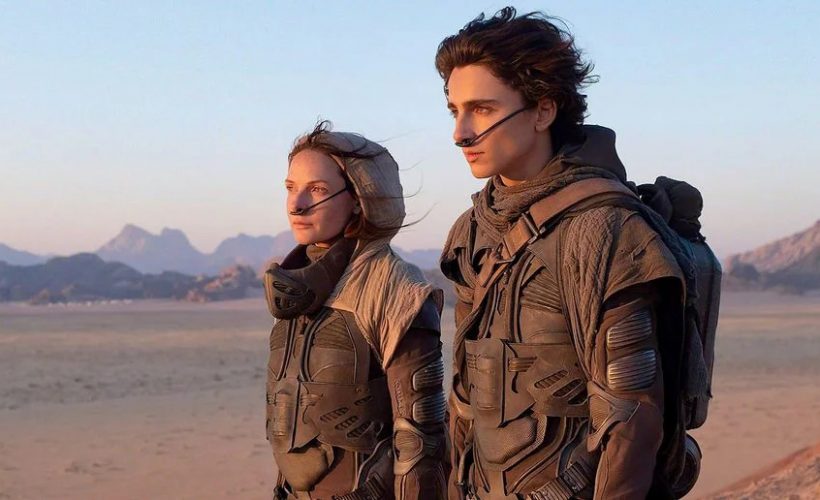Lifestyle
5.7.2021
Ahmed Yunis, a modern and spiritual tribute to traditional Egyptian music heritage

The young Egyptian musician Ahmed Younis has not been idle since the pandemic. On the contrary, he even released a new EP, Mulid El-Magnoon, an electronic tribute to the traditional wedding and Mawlid musical celebrations of his native country.
Ahmed Younis is part of this generation of young Egyptian artists, faithful to their culture, and determined to transform it without distorting it. If like many emerging musicians in his country, he first succumbed to the sirens of hip hop, the music of the producer/composer is now impregnated with his own heritage, that he spices up with contemporary sauce, through compositions mixing synthesizer and ney (editor’s note: ancestral flute widely spread in the Persian and Arab world), like his album The Blue Djinn Dance released in 2019. He will be part of the next program of the famous artistic residency organized every year by the Cité Internationale des Arts in Paris. The opportunity to discover his work as soon as the lockdown is over. Discover
What were your first musical discoveries?
I got influenced by a lot of different musical genres. At the beginning of my career, as a Ney player, I was attracted to classical Arabic music and its great composers like Muhammad Al-Qasabgi, Mohamed Abdel Wahab, and Abdo Dagher. Then, I started to get inspired by a bunch of contemporary music producers using their own heritage in their composition, like Fathy Salama (Egypt), Karim Ziad (Morocco), Hussien Ali Zada (Iran), Nguyen Lee (Vietnam), and much more…
Why did you decide to become a professional musician?
I decided to be an artist because I felt that I had something inside of me that deserved to be expressed and to be shared with people. When I was young, I tried to express myself through painting, poetry, and other art forms, but later I felt that music was going to be my best tool to do that and I decided to become a professional music producer.
How do you manage to sustain yourself as a professional musician in Egypt since the pandemic?
To be honest, it’s very hard to be a professional musician in Egypt, especially if you are not working in pop music. Before covid-19 I used to make a living as a musician from my gigs in the clubs and in some music venues but everything got canceled because of the lockdown. Fortunately, I was lucky to get a fund from the Arab fund for culture and arts (AFAC) that helped me a lot to keep working and to release my new EP «Mulid El-Magnoun». Since the beginning of 2021, life gradually begins to return. I have some gigs scheduled, a residency in France, and a tour in Egypt with the Tunisian music producer Deena Abdelwahed.
Why did you decide to launch your own independent musical label Kafr El-Dauwar?
Kafr El-Dauwar Records is an independent digital record label interested in contemporary and experimental music. I co-founded it along with Suliman, Fathi Hawas, VII, and Ibrahim X, in the aim of creating a musical movement in our city by producing our own works and by supporting local artists.
Where does your interest in traditional Egyptian music come from?
I think that the past should be a part of our present, and that we should understand that past and build on it according to our own concepts and aesthetics. So I am trying to clarify this vision in my music because I see that my work should reflect what I believe in.
What is your creative process in your work?
Some writers often characterize my practice as “cultural revival”, because of the very diverse musical influences and heritages it mixes up such as Shaabi, Zār gatherings (spiritism session with music and dance), Mouled (celebrations of Prophet Mohammad birth), and Takhmir music. But I don’t like these terms as I treat these traditional genres as living, evolving, artistic forms, as opposed to stagnant, historical, artifacts that need to be “revived.”
Which relationship do you have with spirituality?
My relationship with spirituality is a love relationship. I’ve been growing up listening to divine voices recite the Quran and singing supplications in the love of Prophet Muhammad like the one of Sheikh Muhammad Rifaat and Sheikh Muhammad Omran. I am trying to reflect these inspirations in my work by making my live performances look like spiritual events, which will be clearly showing in my next project «Orouj/Ascension»: An audiovisual dance performance that mainly focuses on Takhmir (musical ecstasy), which are traditional folk songs that used to be sung by people in rural Egypt during exorcisms of spirits or jinn. These songs are characterized by having an unparalleled and exciting structure that kicks off with a calm, steady cadence and light rhythmic strokes, gradually progressing into their climax: a louder harmony of tambourines, singing, and wailing.
popular

